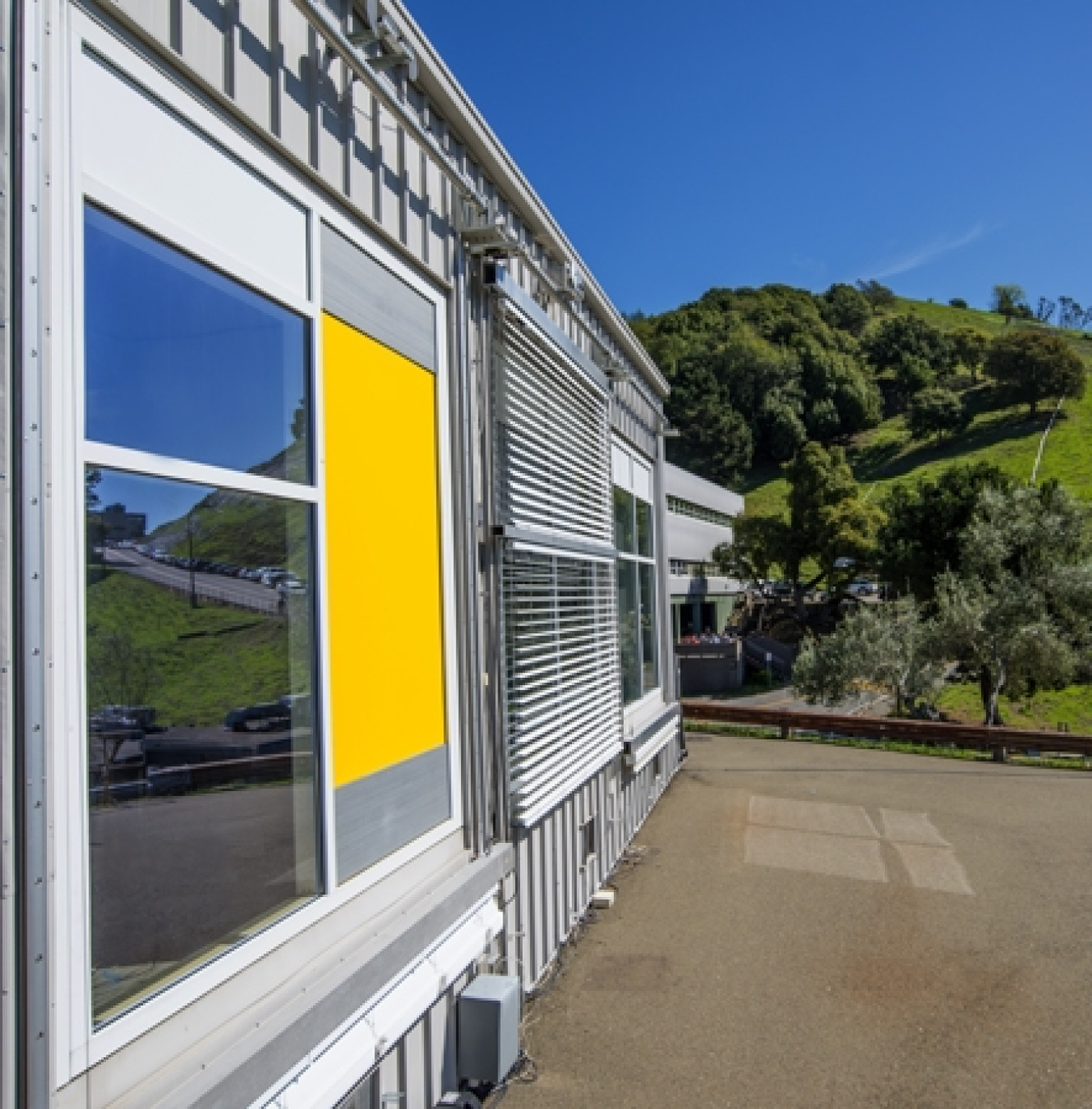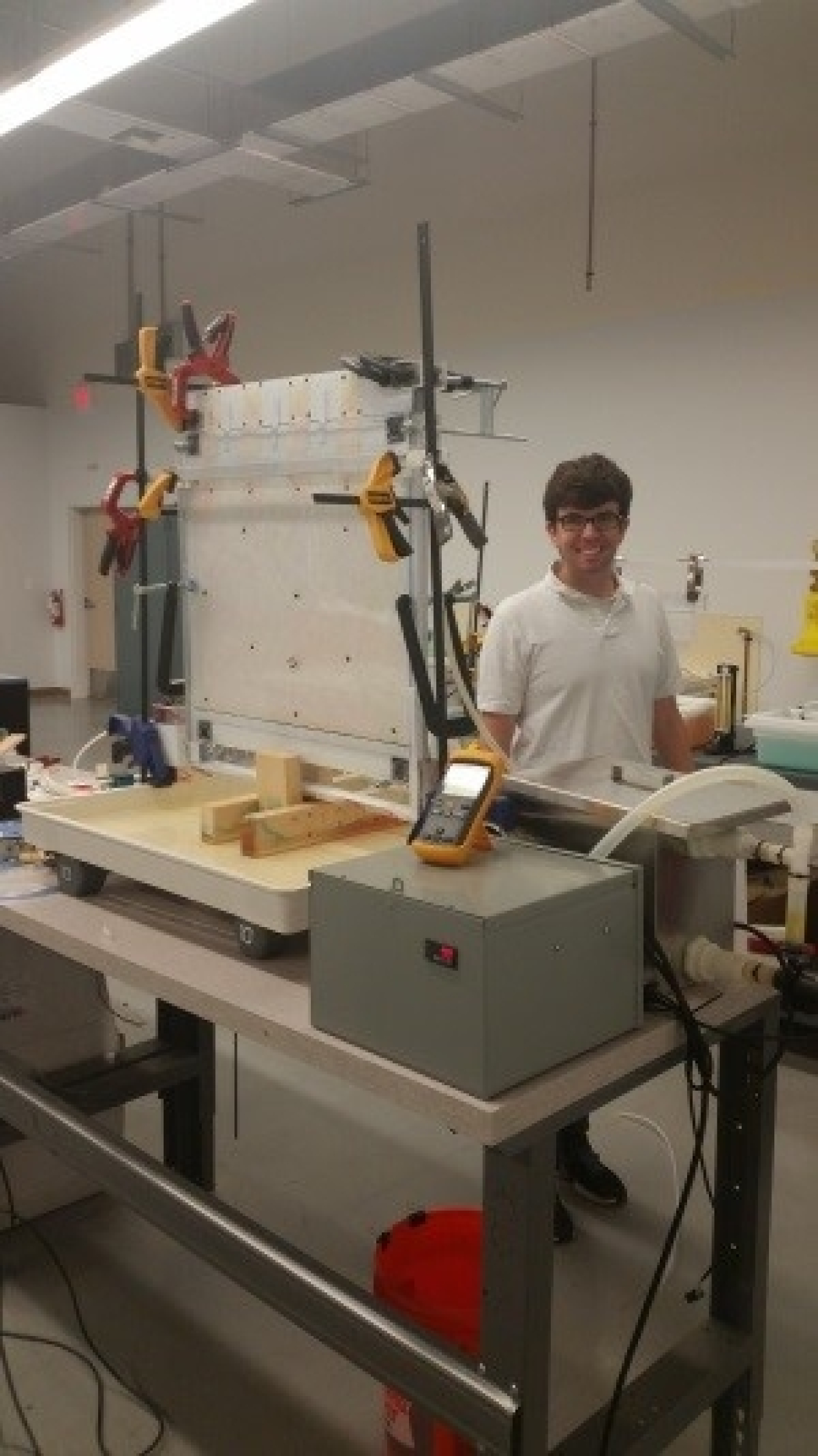Small businesses are a vital part of America’s growing economy, but they face many challenges bringing their innovative ideas and products to market. When pursuing innovation, many small businesses cannot secure sufficient funding to support research and development (R&D) of new technologies and services. A main reason for the lack of available private funding for early-stage technology development is that larger corporations and investors often look to later-stage innovations where the risk is lower. To help overcome these challenges, the U.S. Department of Energy (DOE) sponsors multiple programs that help tap the innovative spirit of small businesses.
DOE’s Building Technologies Office (BTO) works with small businesses in two programs: the Small Business Innovation Research (SBIR) program and Small Business Vouchers (SBV) Pilot. Both work to support small businesses in developing new technologies, approaches, and design tools that demonstrate significant potential for commercialization and show clear application to the residential and commercial buildings sectors.
Small Business Innovation Research
SBIR was established as a federal-wide program in 1982 to support scientific excellence and encourage high-tech innovation in the United States. SBIR, through the investment of federal research funds, enables small businesses to explore their technological potential and provides the incentive to profit from its commercialization. Federal agencies with R&D budgets over $100 million currently allocate 2.8 percent of their R&D budget to this program. To date, the SBIR program has resulted in 70,000 issued patents, close to 700 public companies, and approximately $41 billion in venture capital investments.

Building-integrated heat and moisture exchanger, the airflow panel, installed for evaluation at Lawrence Berkeley National Lab. Image courtesy of Architectural Applications.

Setup for heat and mass transfer exchanger.
BTO funding under SBIR seeks to advance building energy performance through the development of efficient, affordable, and high-impact technologies, systems, and practices. Through SBIR, BTO will move toward their goal of reducing building energy use intensity 30% by 2020.
Once awarded an SBIR grant, the business can go through two phases of funding opportunities to establish a product that is technically and commercially feasible. The research and development efforts from Phase I and II pave the way for the small business to explore commercialization in Phase III.
Architectural Applications from Portland, Oregon, was awarded SBIR Phase II funding for its project Buildings-Integrated Heat and Moisture Exchange in June 2015. Under this work, Architectural Applications is working to develop a novel, counterflow energy recovery ventilator (ERV) to treat (precondition) the incoming outdoor ventilation air of commercial HVAC systems. This technology has the potential to save more than two Quads of energy if widely adopted, but to date their low performance, high cost, and other disadvantages have prevented their widespread commercial adoption. Currently, Architectural Applications is demonstrating full-scale, fully integrated prototypes to validate potential energy savings, space savings, and indoor air quality improvements from their product. Reducing energy cost and heating and cooling loads could also allow for scaling down of total HVAC equipment capacity, further increasing the savings potential of this technology. To date, results have indicated improved performance of over 28%. This work is also exploring high-performance, low-cost microchannel heat- and moisture-membrane-exchanger manufacturing to reduce manufacturing costs.
Small Business Voucher Pilot
The DOE SBV Pilot provides small businesses with unparalleled access to the expertise and facilities of its national labs. Over three rounds, DOE will provide up to $20 million in vouchers valued between $50,000 and $300,000 per company. Eligible small businesses can tap into the reserve of national laboratory intellectual and technical assets to overcome critical technology and commercialization challenges. Small businesses operating in the clean energy sector who are awarded a Small Business Voucher can use the voucher like a coupon – allowing the business to access a unique skill or facility at a national lab to bring clean energy technologies to market.
BTO provides vouchers to small businesses that support the development and market uptake of innovative technologies that improve building energy efficiency, enable more effective integration between buildings and the electric grid, and/or advance natural gas or propane engine-driven heat pumps, air conditioners, and adsorption and absorption heat pumps for water heating, HVAC, and hybrid applications.
BTO and Oak Ridge National Laboratory (ORNL) partnered with small business Be Power Tech Inc. from Deerfield Beach, Florida, on the Fuel Cell Combined Cooling, Heating, and Power SBV project. This work looks to further develop and demonstrate a novel technology called the Combined Air Conditioner and Power (CACP) System, an integrated fuel cell with a liquid desiccant air-conditioning process. Specifically, Be Power Tech is conducting tests of the system under various atmospheric conditions and developing use cases in partnership with ORNL. Once developed, this new technology has the potential to have higher air-conditioning efficiency, low-cost thermal energy storage, no net water requirement, and zero toxic emissions. This could significantly shift air-conditioning load away from the grid and decrease building energy operating costs by over 80% from higher air-conditioning efficiency, dehumidification, and thermal energy storage in a single unit. This technology could save 0.42 Quads a year in 2030, equivalent to more than 12 million homes’ electricity use for one year.
Don't Miss Out!
The third round of SBV is currently open for applications through November 10. Check out open SBIR funding topics here (the next FOA release is expected to be posted at the end of October, 2016).
